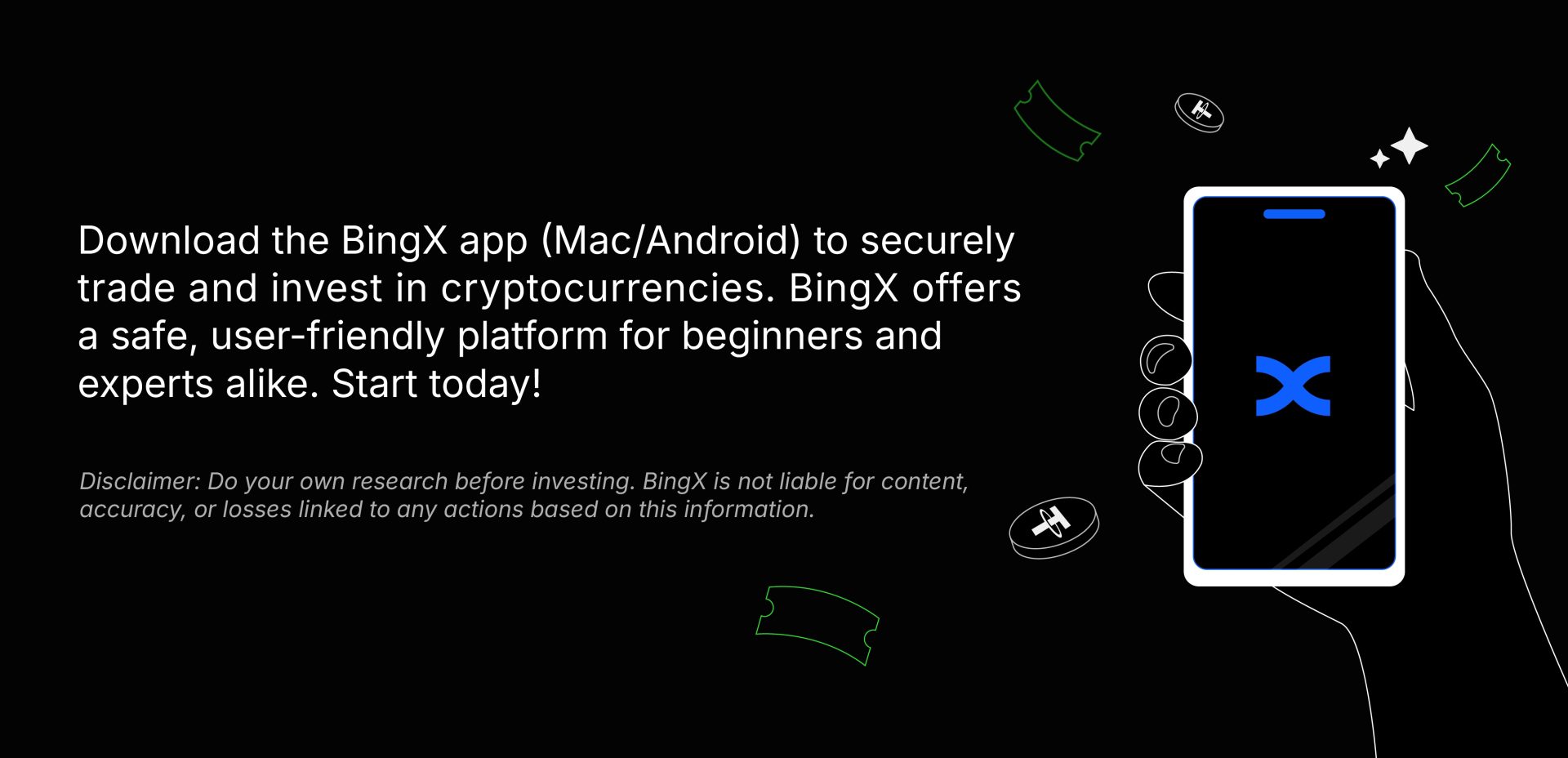What’s the better safety net in crypto: leaving your assets on a reputable exchange or relying on a decentralized insurance protocol? Is it wiser to park your funds in a high-tech vault or carry your own parachute just in case things go sideways? With new innovations like Resolv redefining what insurance looks like on-chain, it’s time to ask: how should traders really protect themselves?
What Is Decentralized Crypto Insurance?
Decentralized insurance, like what Resolv offers, is basically DeFi’s answer to “What if something goes wrong?” Instead of relying on a centralized provider, protocols like Resolv let users pool funds into on-chain coverage markets. These markets compensate members in the event of hacks, smart contract failures, or exchange insolvencies, all based on rules enforced by code and governed by a DAO.
Resolv currently stands out by being claimless and automated. You don’t have to plead your case in a web form or wait weeks to get a response. If an insured event happens, like a verified smart contract exploit, Resolv triggers automatic payouts based on oracle data. It’s like a crypto safety net, one that activates itself when you fall.
Centralized Exchanges: The Fort Knox Approach
On the flip side, many traders still feel safest keeping their funds on centralized exchanges like BingX. And that’s not without reason. Regulated CEXs often employ multi-layered custody solutions, cold storage, 24/7 surveillance, and even internal insurance funds to protect against losses. For many users, that’s less stressful than managing self-custody or navigating DeFi insurance pools.
The advantage here is simplicity. You don’t need to understand protocols, vote in DAOs, or track oracle feeds. Your funds are protected by the exchange’s infrastructure, and if anything goes wrong, platforms like BingX typically communicate directly with users and take swift action without needing the user to do anything.
Control vs. Convenience
The choice between decentralized insurance and centralized exchange custody boils down to control vs. convenience. Using Resolv, you get transparency, permissionless coverage, and automated logic but you’re also assuming the risk of smart contract bugs or DAO mismanagement. You’re your own safety officer.
Alternatively, a platform like BingX, your security is handled behind the scenes. For users who value support, account recovery, and professional monitoring, it’s a stress-free experience.
The Future Could be Both
It’s not really an either-or situation anymore. Traders are increasingly blending both strategies. Keep some funds in a secure centralized exchange for active trading and stability, while using decentralized insurance solutions like Resolv to cover riskier on-chain activities, like DeFi farming, staking, or new project interactions.
Whether you prefer your crypto locked behind military-grade firewalls or tucked under a parachute with automated payouts, the most important thing is having a safety strategy in place. Because in this market, fortune doesn’t just favor the bold, it favors the protected.
